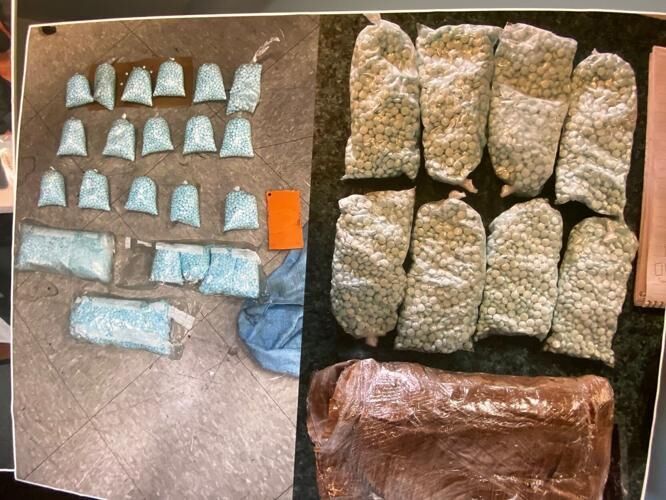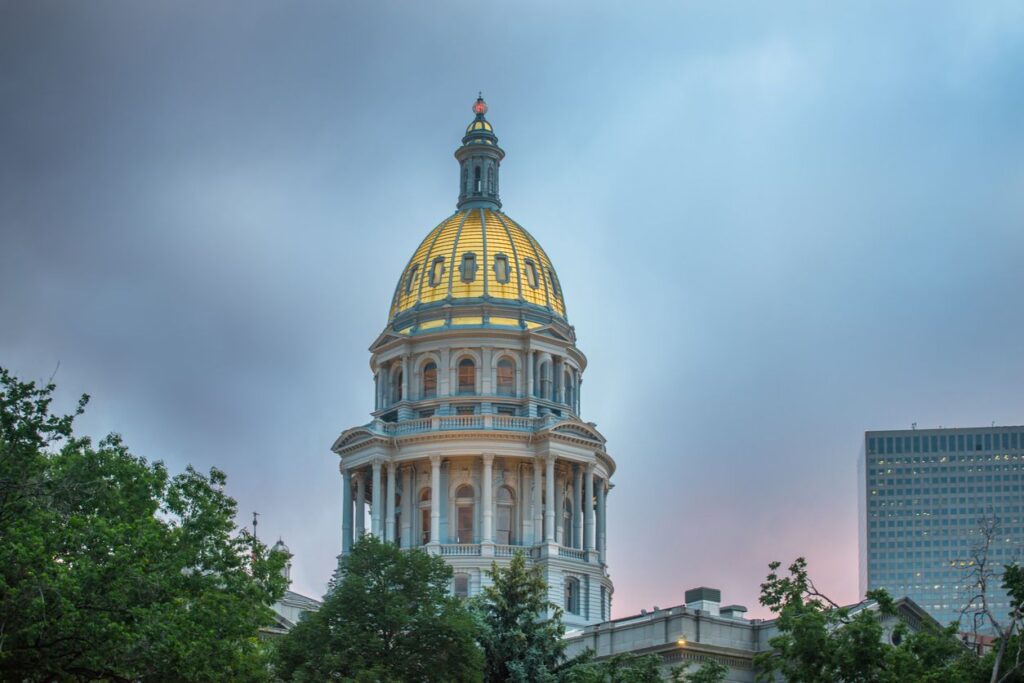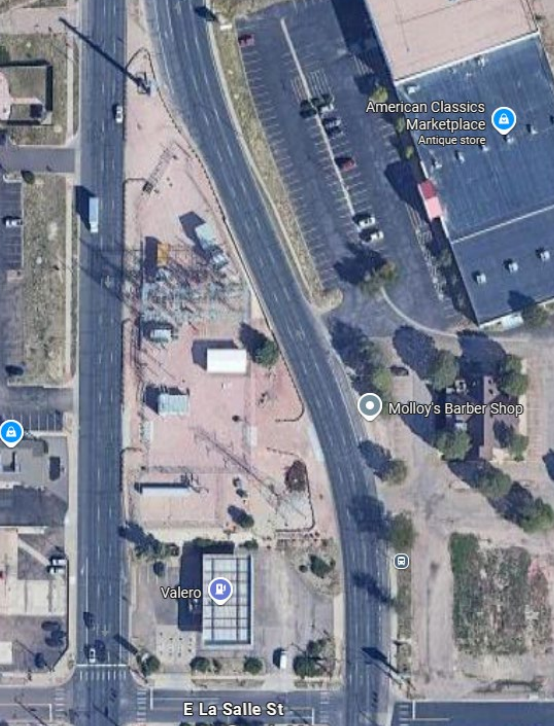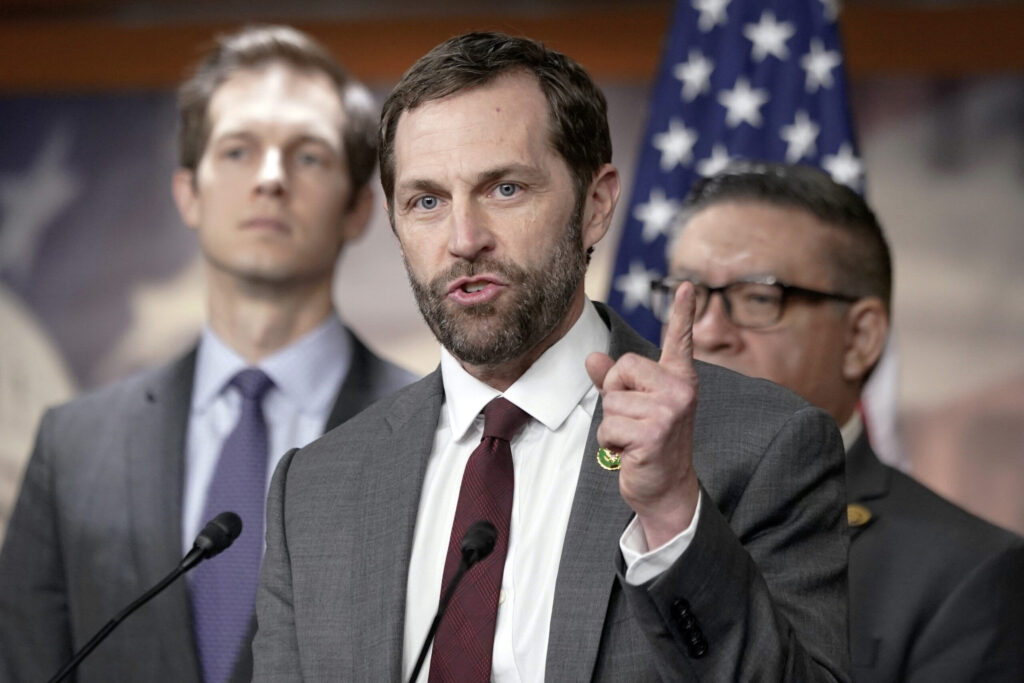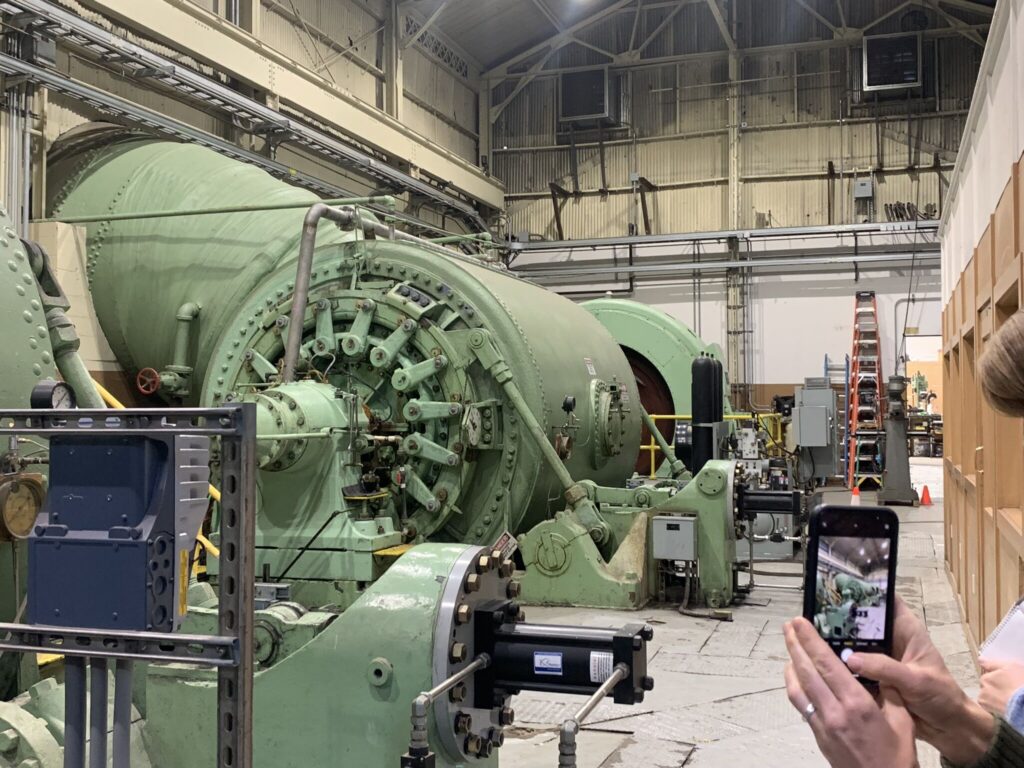Denver’s ‘Eat Less Meat’ campaign sparks backlash from ag community, praise from activists
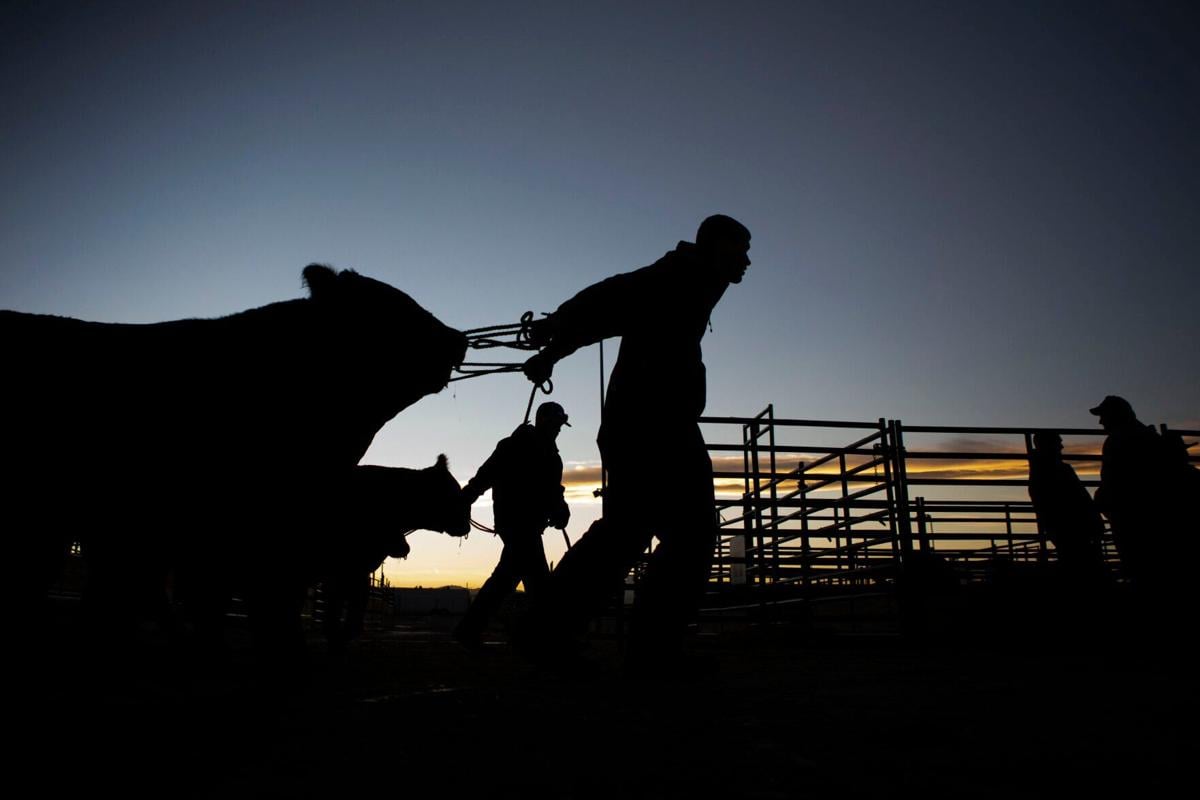
Timothy Hurst/Denver Gazette
A climate campaign by the Johnston administration in Denver, which notably encourages people to “eat less meat,” drew criticism from Colorado’s agricultural producers, who called the marketing blitz “tone deaf,” “elitist” and yet another “demonization” of cattle production.
Activists, meanwhile, praised the campaign, arguing that “animal farming” is “very bad for the climate” and hoping other cities would follow suit in pushing for a “plants-based” diet.
The “Do more. Do less. Do something.” marketing campaign also includes suggestions to “vote for climate-conscious leaders,” shop at thrift stores and plant a tree. The $3 million campaign is funded by the city’s Climate Protection Fund, which voters approved to raise $40 million each year for “urgent action to mitigate the causes of climate change.”
Denver Mayor Mike Johnston framed the campaign as an effort to make it easier for residents to apply “everyday actions to help meet our shared climate goals.”
Ag industry: ‘Constant attacks’ don’t help anyone
Following the campaign’s launch, legislators representing rural areas sent Johnston a letter saying they are “deeply frustrated” with suggestions to eat less meat.
“This campaign — promoted under the misleading banner of sustainability — represents not only a tone-deaf approach to climate policy but a direct insult to the people and industries who feed your city, our state and the world,” the legislators wrote.
They argued that Colorado livestock producers have made strides in “emissions reduction and sustainability, often without fanfare or taxpayer-funded PR blitzes.”
“Demonizing meat consumption will not solve climate change but it will alienate the very communities your city depends on for food security and economic partnership,” they said.
A separate letter sent from agricultural organizations, including the Colorado Dairy Farmers, Colorado Farm Bureau, and National Western Stock Show, said they are not opposed to “environmental action or dietary choices” but they disagreed with the campaign’s “oversight of scientific facts” and “disregard for Denver’s agricultural heritage.”
“Denver is not separate from agriculture; it is rooted in it,” the groups’ wrote. “From its beginnings as a livestock trading hub to the historic Livestock Exchange Building at the National Western Stock Show grounds, Denver has long been the economic and cultural center of Colorado’s livestock industry. That legacy continues today. Agriculture is not just a rural issue; it is a Denver issue.”
Erin Spaur, executive vice president of the Colorado Cattlemen’s Association, said producers are not opposed to people deciding to eat less meat — saying that’s their choice. But Spaur said the industry feels feel like it’s being “attacked” and “targeted” by policymakers in places like Denver, adding to sentiments of an urban-rural divide.
Rural Reckoning | Colorado rancher: ‘This is no longer an agriculture-friendly environment’
“I think a number of our rural communities and ag producers are really feeling alienated and not supported, and I think this specific attack targeting meat adds to that divide, when we don’t have to be against each other,” she said. “As producers, we support all choices, but I think it’s the constant attacks and the negativity that don’t help anyone and actually fuel the divide.”
Spaur said producers across the country have been working to reduce their carbon footprint over the past several decades. Citing data from the Environmental Protection Agency, the group Ag America said greenhouse emissions from agriculture is down to 10% in 2016, with beef production at 3%.
Spaur added that Colorado producers are open to discussing issues within the industry, including food waste and accessibility.
“There’s a number of producers and meat companies that want to come to the table and be part of a solution, rather than face division or attacks. Ultimately, we want to make people feel okay and they’re not harming the environment when they’re eating meat. There’s definitely been some misinformation out there, so we’re just trying to correct some of that.”
Activist: ‘Animal farming is very bad for the climate’
Natalie Fulton, a representative of the group Pro-Animal Colorado, praised Johnston’s efforts, saying she is hopeful other cities will follow suit.
“Animal farming is very bad for the climate, and that’s according to the largest environmental groups, as well as studies from the UN and Harvard,” she said. “The inherent problem with it is that it’s inefficient because the animals need so much food, water, and land; animal agriculture uses 83% of the world’s farmland but only produces 18% of the calories — we could reduce the global farmland by up to 75% by switching to a plant-based system.”
Fulton also said it’s not just greenhouse emissions, cattle agriculture uses up significant amounts of food, water, and land. She said that agriculture is the leading cause for species extinction, habitat destruction and deforestation.
“We need to change our food system as soon as possible to prevent the worst effects of climate change,” she said. “It’s time to follow the science and encourage citizens to eat more plants, because it’s better for our health, the climate, and animals.”
Fulton cited data showing alfalfa and other hays grown to feed cows use 46% of direct water consumption from the Colorado and research from NASA, which says 52% of water used from the river goes to agriculture, 32% of which is used for cattle feed.
“Animal farming devours land, guzzles water, pollutes the air, and still expects handouts and exemptions,” Fulton said. “When we take an honest look at the numbers, it’s easy to see why we need to evolve toward a plant-based system.”
Fulton acknowledged the industry’s progress in making cattle operations more sustainable but argued the industry will never be as sustainable as “plants-based” alternatives. According to Fulton, beef production produces 20 times more greenhouse gases than plant-based alternatives.
To Fulton, cattle production is not worth what she described as its downsides in “environmental effects.”
“Beef is definitely a big market, but if we look at the overall picture, with land degradation and air pollution, it costs a lot to deal with the environmental effects of beef production, and we need to take all of that into account if we want to get an accurate picture,” she said.
Another version of ‘MeatOut Day’?
Denver isn’t the first entity to push for less meat consumption.
Back in 2021, Gov. Jared Polis drew criticism from the agriculture industry and rural leaders for declaring a “MeatOut Day.” In response to the declaration, the Colorado Cattlemen’s Association organized a “Meat In Day,” which attracted support from Republicans like Sen. Barbara Kirkmeyer of Brighton.
“For our governor to say that we should have a meat-free day is the last straw,” she said at the time. “It’s just one more attack against my county. Standing up for agriculture in this state is extremely important. It is the No. 2 economic driver in this state.”
Governor’s proclamation on MeatOut Day “the last straw” for some in the cattle industry
Colorado’s agricultural industry is the state’s second-largest economic driver, accounting for more than $47 billion in activity and employing more than 195,000 people. The export of Colorado cattle as of 2024 generated nearly $4.5 billion, making Colorado one of the 10 producers in the nation.
Former Sen. Rhonda Fields, a Democrat from Aurora who now serves on the Arapahoe County commission, said Denver’s approach is wrong.
Fields said it overlooks people living in low-income communities or in “food deserts,” where it can be hard to find fresh produce.
“When I drive down Colfax coming from Aurora, I see people begging every day for food, and they’re not saying, ‘I want a carrot,'” she said. “They’re asking for a dollar or two or some change so they can feed themselves.”
She added: “There is an issue as it relates to food insecurity in the state of Colorado. We don’t have the luxury in this COVID-19 environment to say, ‘We have a holiday where you can’t eat meat.’ It might be a good idea, but I think it’s the wrong approach.”





